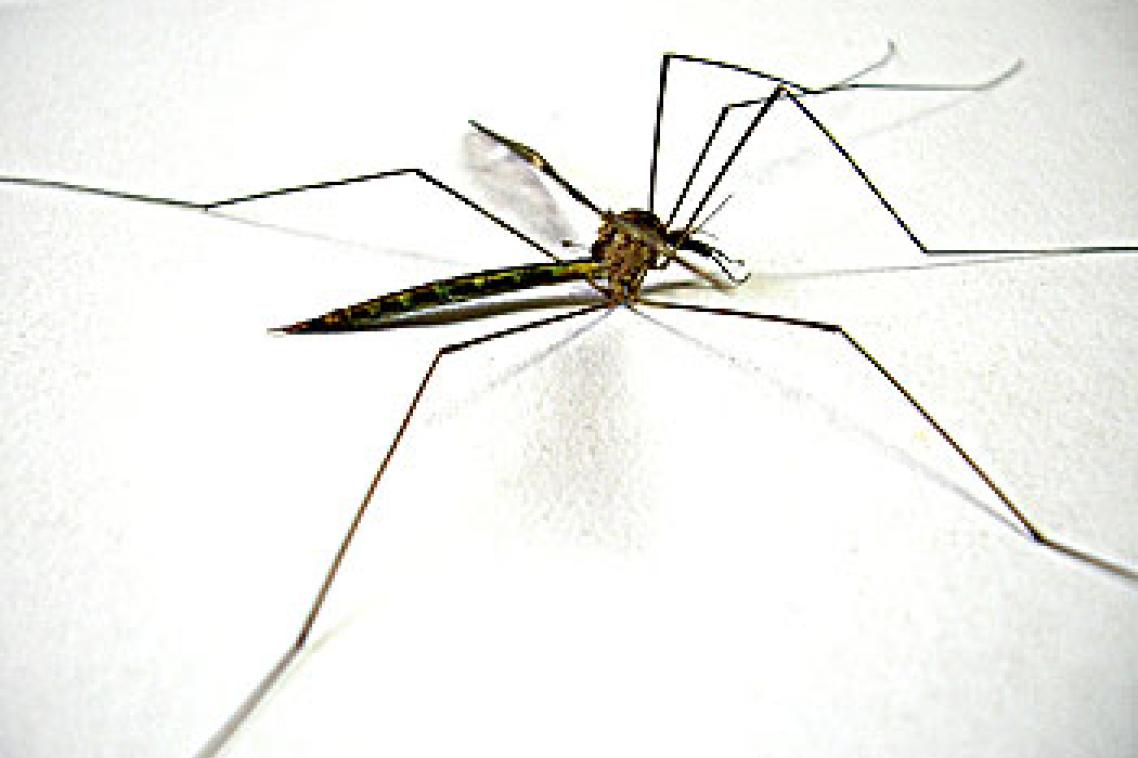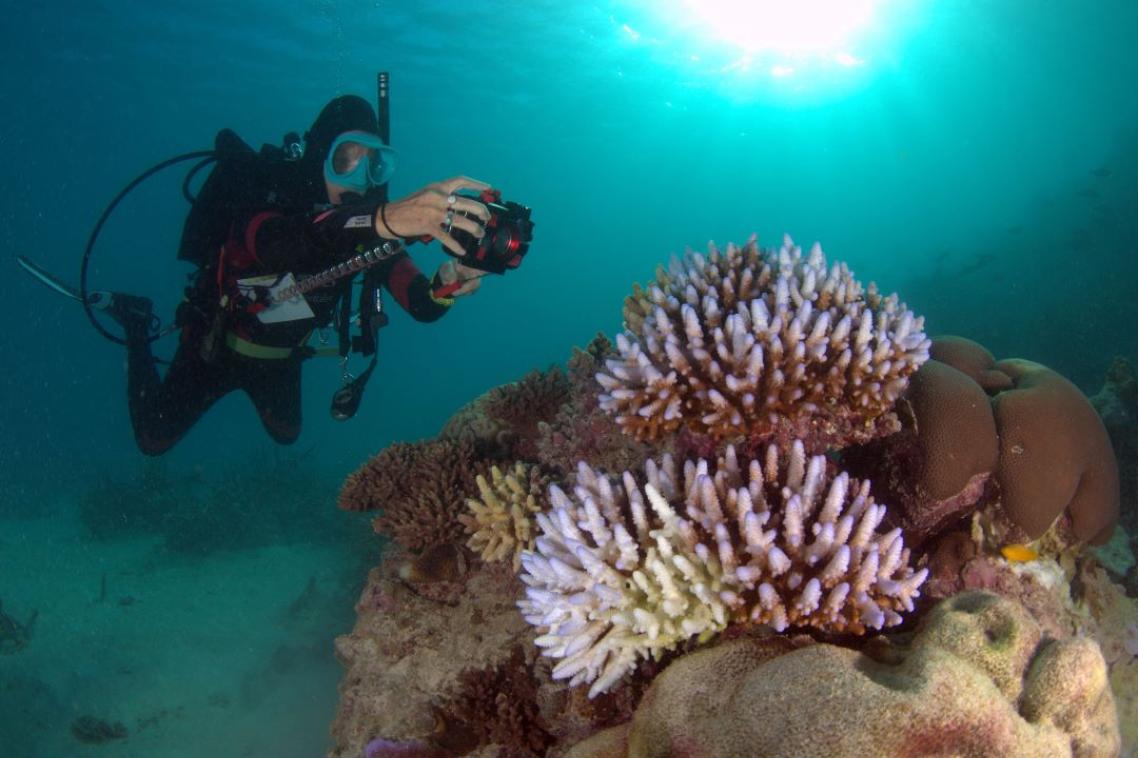DDT: Less is More in Malaria Control

A new malaria study by UQ scientists challenges World Health Organisation guidelines for using DDT chemical spray to kill mosquitoes.
DDT is highly toxic, posing significant risks to human health, yet is still commonly used with insecticide-treated bednets to control malaria.
The Stockholm Convention DDT Expert Group met last week to lay out new recommendations for gradually phasing out DDT.
Dr Laith Yakob and Dr Rebecca Dunning, from the UQ School of Biological Sciences, have been investigating the use of DDT in Kenya and at other sites across Africa.
“During the DDT phase-out, DDT must be strictly reserved for households which do not already use insecticide-treated bednets,” Dr Yakob said.
“When used in the same household as bednets, repellent DDT will reduce mosquitoes contacting the insecticides with which bednets are treated.”
Current strategy of combining DDT with bednets may actually detract from the community-wide benefits experienced with bednets alone.
“Treated bednets are highly effective at killing malaria-carrying mosquitoes," Dr Yakob said.
“Spraying DDT in the same residence will divert the mosquito away from the treated bednets, onto unprotected homes."
The study is presented in the Journal of the Royal Society Interface. Published online before print November 17, 2010, doi:10.1098/rsif.2010.053. Indoor Residual Spray and Insecticide-Treated Bednets for Malaria Control: Theoretical Synergisms and Antagonisms.
Media: Dr Laith Yakob (Laith.yakob@uq.edu.au) or Dr Rebecca Dunning (Rebecca.dunning@uq.edu.au).
Stockholm Convention DDT Expert Group Meeting organiser’s contact: Fabrice Boulé, Media21 (fboule@media21geneva.org)
Related articles

Thousands of Queensland reef photos lead to worldwide change
Algae unlocks a cheaper, greener and more ethical way to grow cells
Media contact
UQ Communications
communications@uq.edu.au
+61 429 056 139
